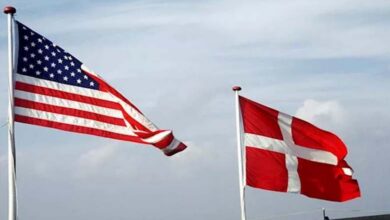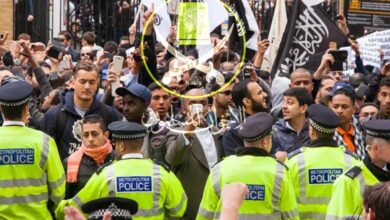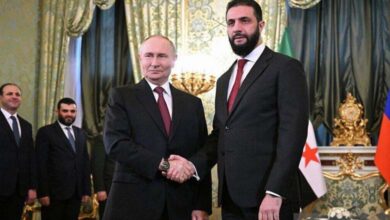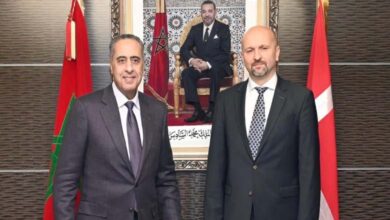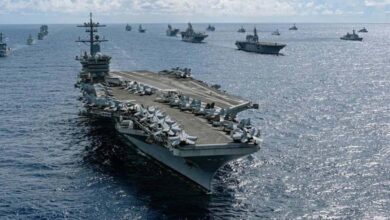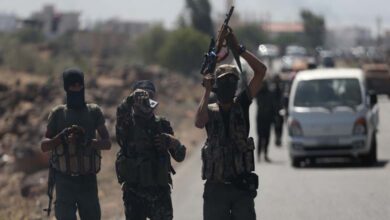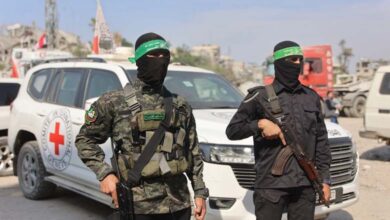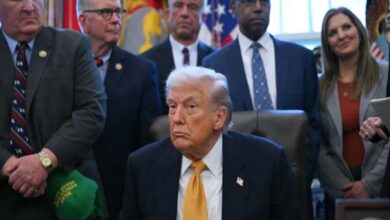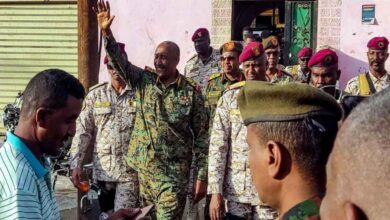The Islamic Brigades and Their Role in Igniting the War in Sudan… Details
The Islamic Brigades Ignite the War in Sudan
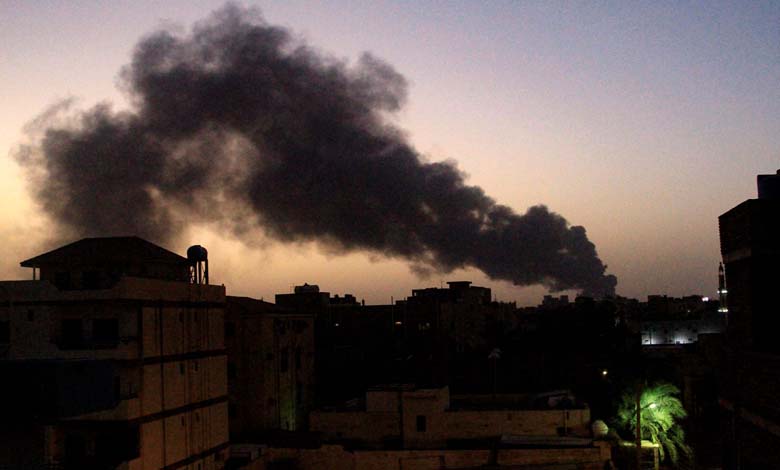
As the war between the army and the Rapid Support Forces enters its sixth month, there is growing interest in armed militias fighting in the war, particularly the Islamic extremist groups, headed by the terrorist Brotherhood. This comes amid widespread controversy over the role of the Muslim Brotherhood organization in igniting the war, which has resulted in the deaths of more than 7,000 people and the displacement of around 5 million in Sudan so far.
The Role of Terrorist Brigades
Sudanese reports indicate that since the outbreak of the war between the army and the Rapid Support Forces, they have directly announced the existence of a battalion called the “Bura’a bin Malik Battalion.”
These Brotherhood brigades play hidden roles in eliminating protesters and political opponents. They originated from the People’s Defense Forces, which has a bad reputation. Many in Sudan accuse the Islamic movement of seeking to control the army and transform it from a national army into an organized army.
To achieve this, they employed a series of tactics, starting with retiring thousands of national officers, and even assassinating a large number of them. Then they aimed to control entry into the military college, alongside luring and threatening officers. In the end, when the regime of former President Omar al-Bashir fell, Sudan was left with an army governed by the “ideology of the Brotherhood,” under the control of their “Security Committee” composed of their members.
Reports have mentioned that these brigades have direct relationships with terrorist jihadist organizations, but they are described as being under their influence. They exchange information and roles with them, and these brigades wield significant influence over army leaders. They are the ones managing battles in critical locations, such as the armored units and the central reserves, which fell into the hands of the Rapid Support Forces.
The Brotherhood’s Plan
Sudanese journalist Mohamed Al-Tayeb previously mentioned that the involvement of the Brotherhood had begun to be revealed in the war, and the influence of their presence on the army had become evident in recent times through these terrorist brigades that are igniting conditions within Sudan for their own interests.
He emphasized that the Muslim Brotherhood and its Islamic brigades are now more eager to leave their marks and make their presence felt in the scenes of this war openly and deliberately, in order to pave the way for them to reap the post-war rewards and secure a place in the Sudanese landscape.


